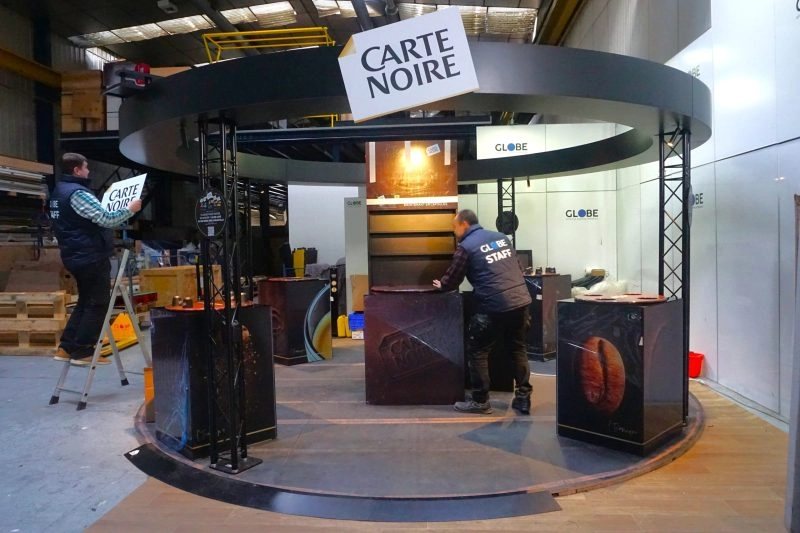How to ake CSR and Business Strategy work together?
It is now essential to integrate CSR (Corporate Social Responsibility) and business strategy to demonstrate authenticity in the everyday lives of shoppers. While the concept of CSR has long been limited to legal aspects, the stakes of corporate social responsibility now lie elsewhere.
Indeed, brands today face consumers whose risk tolerance has significantly decreased, while their expectations for corporate commitment have greatly increased.
To meet the expectations of these shoppers, whose concerns related to CSR—such as the environment, society, health, and ethics—are growing, and who ideally wish to become more responsible consumers, companies can no longer confine their CSR strategy to corporate communication.
Not committing is taking the risk of losing consumer trust
In markets where consumers increasingly demand transparency, failing to commit risks losing their trust. This does not mean justifying oneself with a plethora of statistics or planting forests, but rather developing simple actions on issues that matter to consumers. Some brands have already begun to do this by placing their commitments to Made in France at the heart of their marketing strategies, knowing that 63% of the French population currently favors it, as well as supporting the local economy, eliminating harmful additives from their products, and changing the sourcing of their raw materials.
Out of fear of greenwashing, due to a lack of understanding of the costs associated with a more responsible approach, or the mistaken belief that significant and immediate action is required, some brands choose to abstain. However, minimal changes in the approach to shoppers are enough to send a strong signal that can lead to significant shifts in behavior towards the brand.
The example of San Marco
This is precisely what San Marco did with its activation campaign “Nudge.” To launch its biodegradable and compostable capsules, the brand set up an eco-friendly pop-up coffee shop at the train station. Made from eco-designed materials, the entire setup was conceived in an eco-responsible manner, including the production of the leaflet made from recycled paper. Welcomed by baristas, consumers participated in the biodegradable San Marco ritual: from tasting to recycling the capsules on-site in the green waste bin.
The brand thus sent a clear signal of its commitment, allowing it to seize the eco-citizen territory and gain a competitive advantage among a premium target audience that is particularly concerned. Ultimately, it created a virtuous cycle that, while engaging the consumer, validated the authenticity of the brand and its superiority in pleasure and organoleptics.



